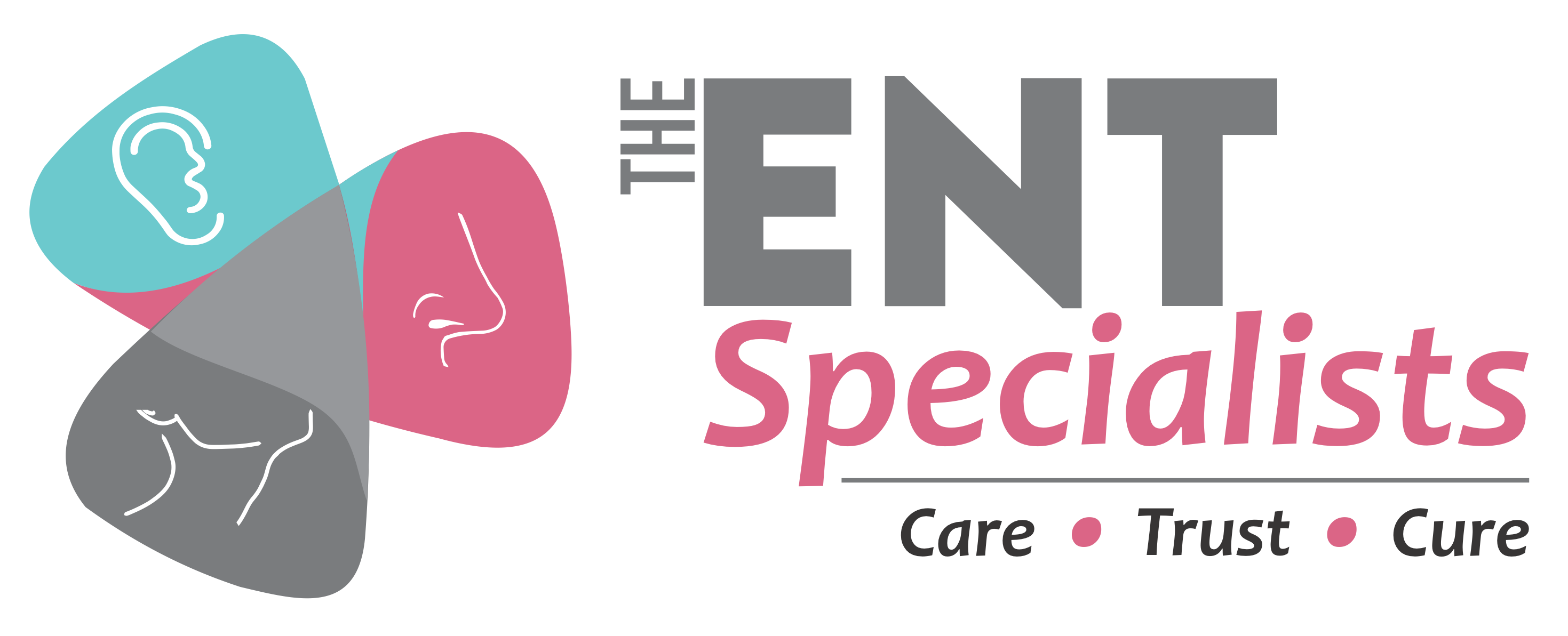Say Goodbye to Sinus Problems: Understanding the Causes, Symptoms, and Treatment Options
Sinus problems can be a source of significant discomfort and frustration for many people. Whether it’s a chronic condition or a temporary flare-up, sinus issues can impact your quality of life by causing pain, congestion, and difficulty breathing. Here, we will explore what causes sinus problems, how to identify the symptoms, and what treatment options are available.
Sinus problems can be caused by a variety of factors, including allergies, infections, and structural abnormalities. Common symptoms of sinus problems include nasal congestion, facial pain and pressure, headache, and post-nasal drip. Treatment options for sinus problems range from over-the-counter medications to surgery, depending on the severity of the condition.
Causes of Sinus Problems:
Sinus problems can be caused by a variety of factors. Some of the most common causes include:
- Allergies: Allergic reactions to things like pollen, dust, and pet dander can cause inflammation in the nasal passages, leading to sinus problems.
- Infections: Sinus infections can be caused by viruses, bacteria, or fungi. They can result in inflammation and swelling of the sinus passages.
- Structural abnormalities: Some people are born with structural abnormalities that can block the sinus passages or cause them to narrow.
Symptoms of Sinus Problems:
Common symptoms of sinus problems include:
- Nasal congestion: A feeling of stuffiness or blockage in the nose.
- Facial pain and pressure: Pain and pressure in the face, particularly around the cheeks and eyes.
- Headache: A dull or throbbing pain in the head, often accompanied by pressure in the sinuses.
- Post-nasal drip: A sensation of mucus dripping down the back of the throat.
Treatment Options for Sinus Problems:
Treatment options for sinus problems range from over-the-counter medications to surgery, depending on the severity of the condition. Here are some common treatment options:
- Nasal decongestants: Medications that can help reduce nasal congestion by constricting blood vessels in the nasal passages.
- Antihistamines: Medications that can help reduce inflammation and swelling caused by allergies.
- Nasal saline irrigation: A process of flushing the sinuses with a saline solution to help relieve congestion and clear mucus.
- Antibiotics: Medications that can help treat bacterial sinus infections.
- Surgery: In severe cases, surgery may be necessary to correct structural abnormalities or remove blockages.
Sinus problems can be uncomfortable and frustrating, but they are treatable. Understanding the causes and symptoms of sinus problems can help you seek treatment early and manage your condition effectively. Whether you choose to try over-the-counter medications, nasal irrigation, or surgery, there are options available to help you breathe easier and say goodbye to sinus problems.

